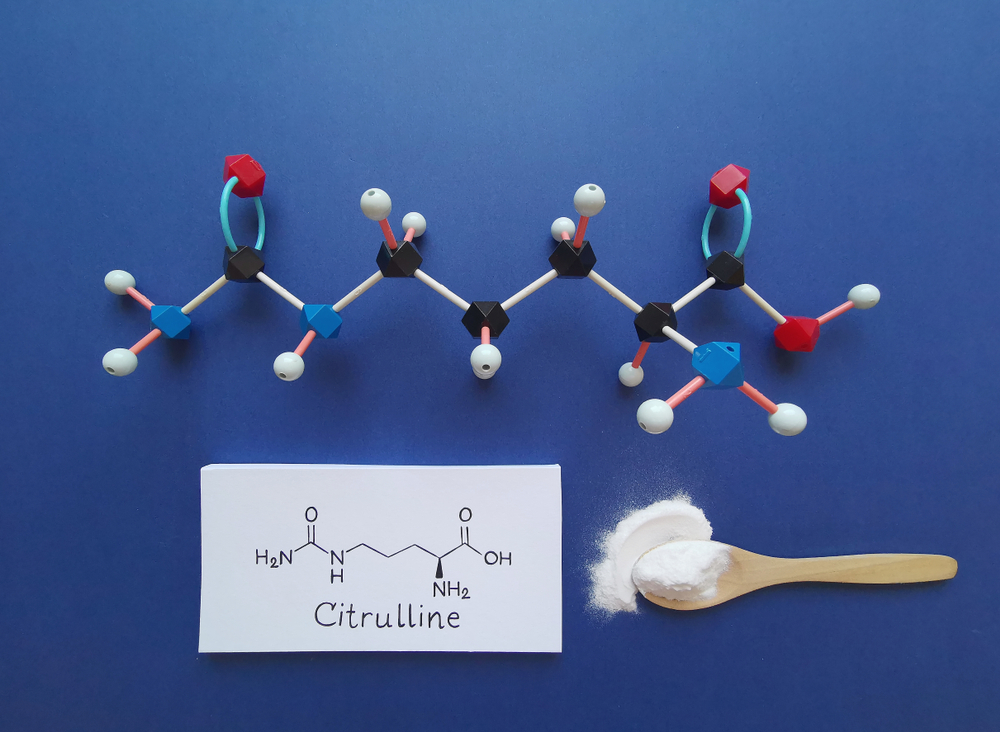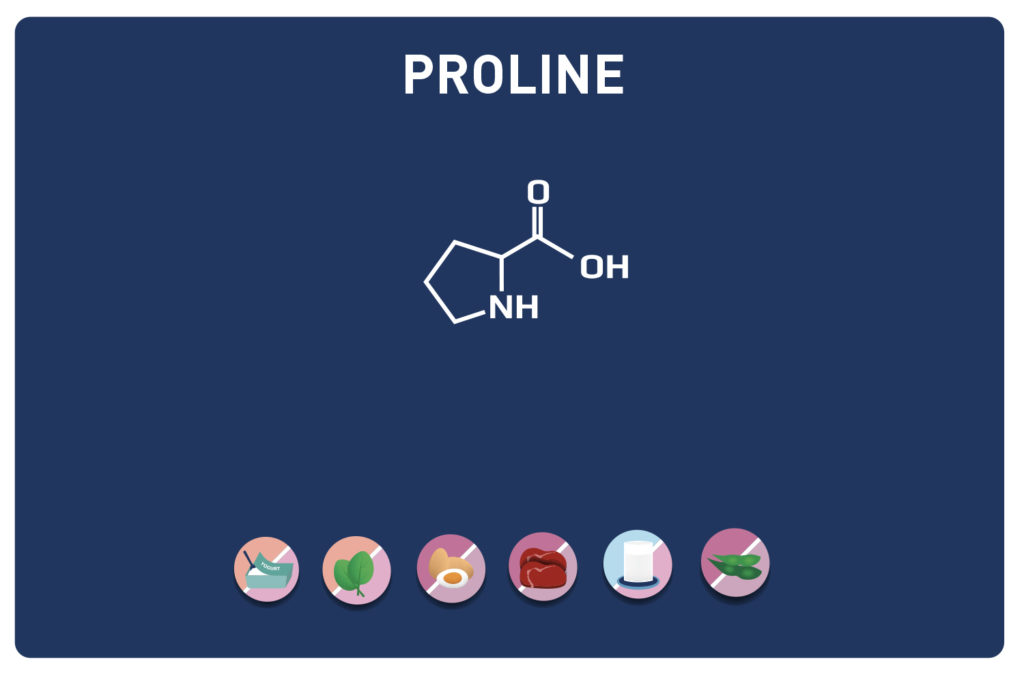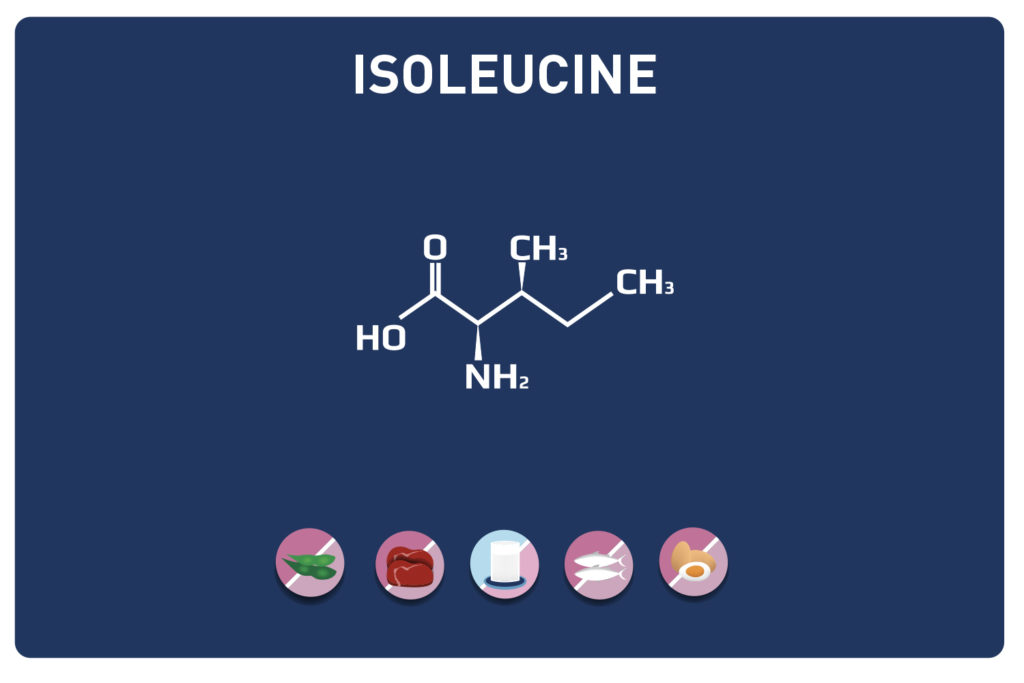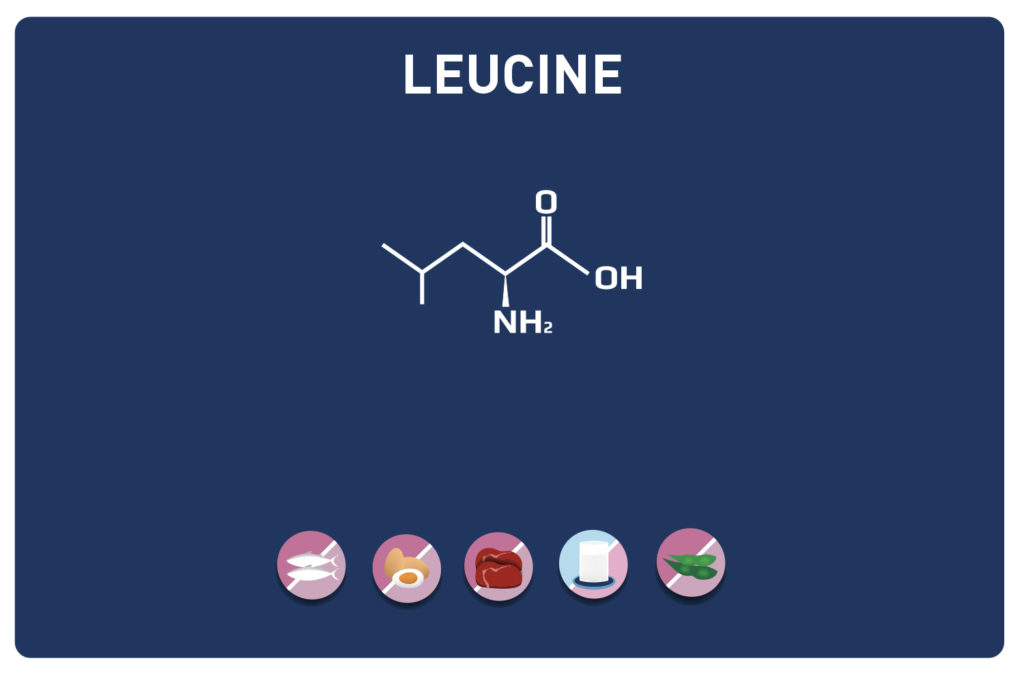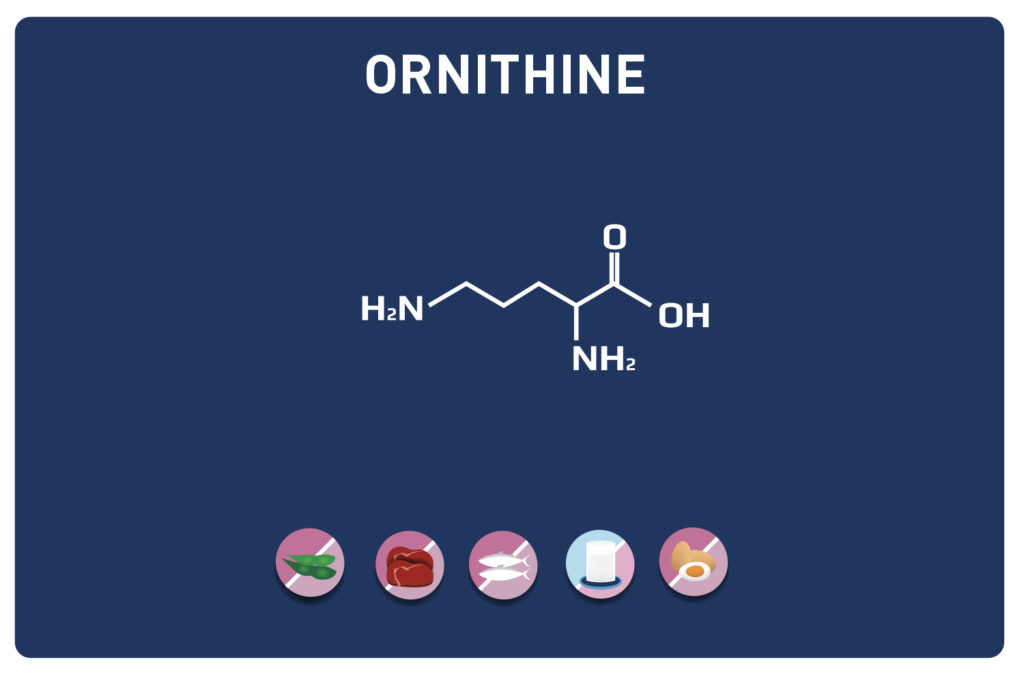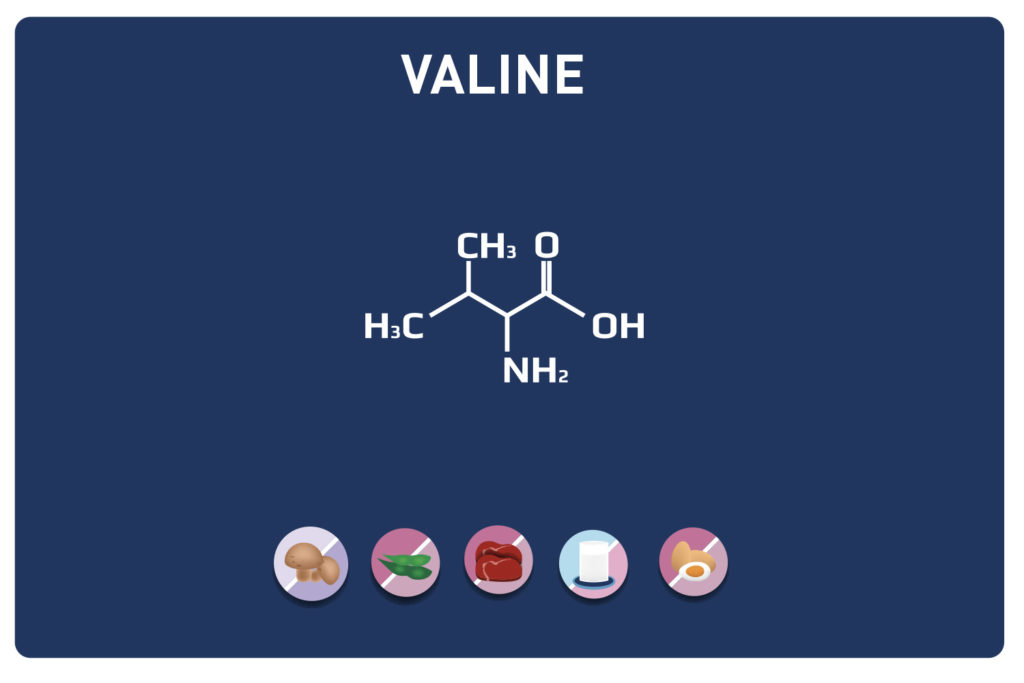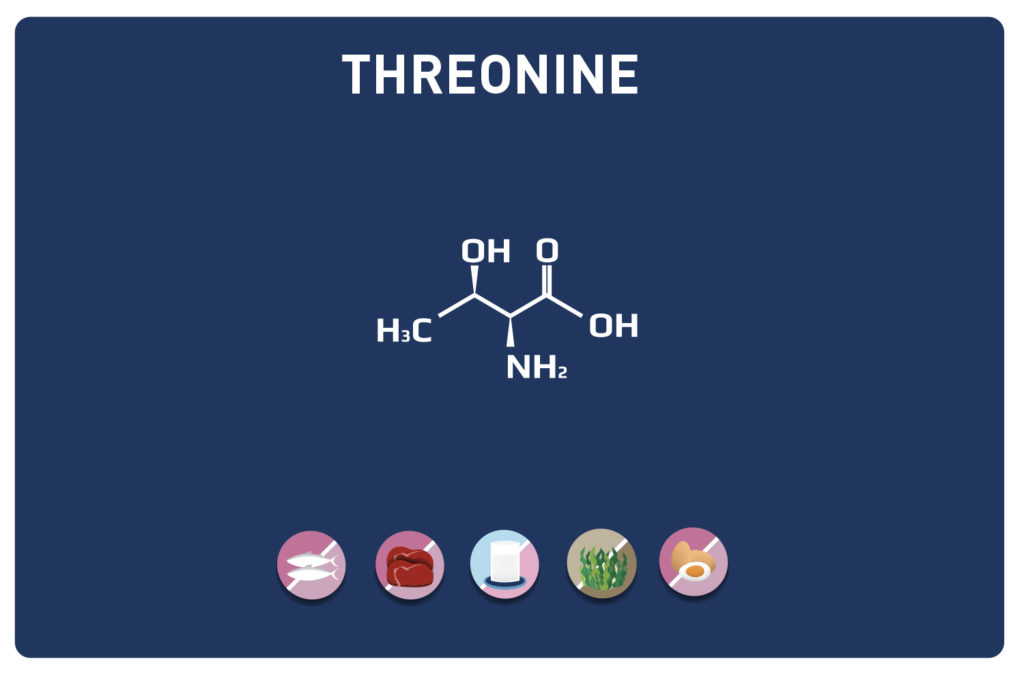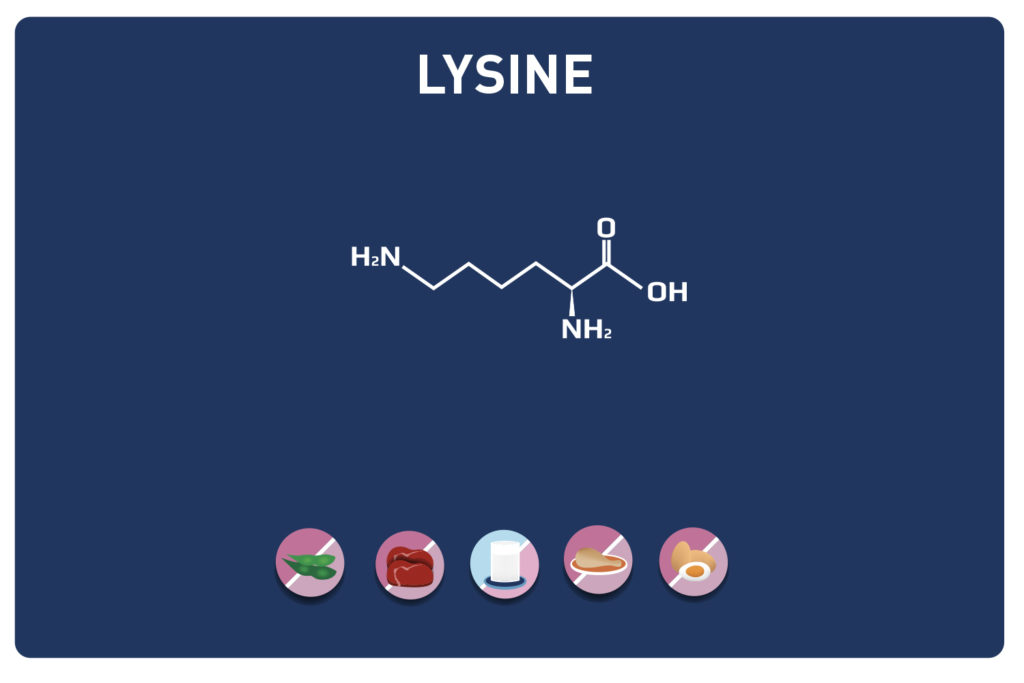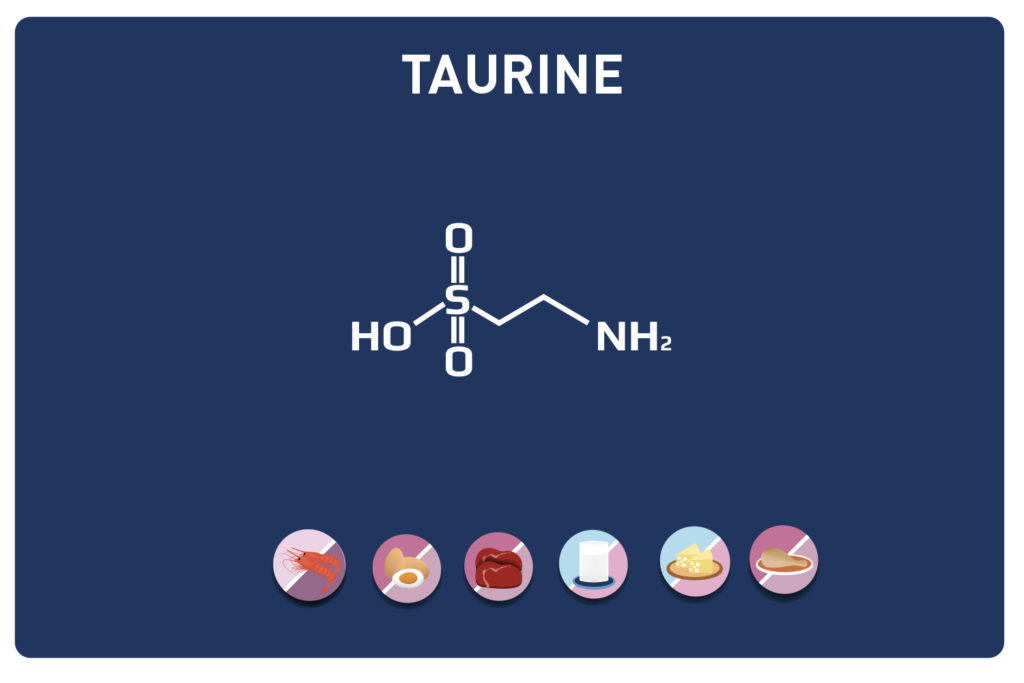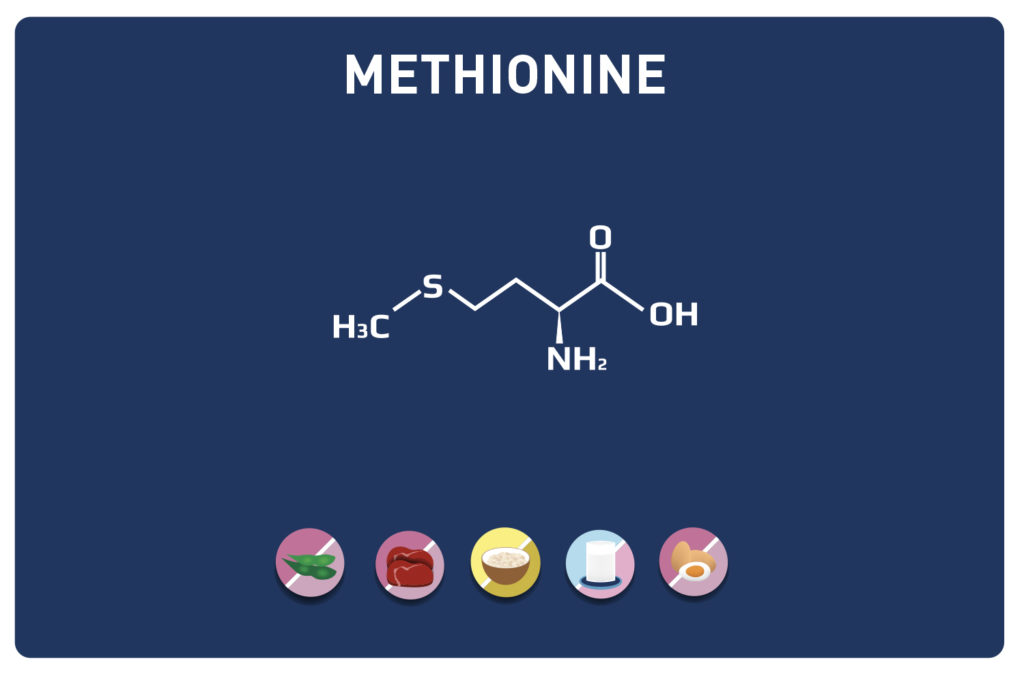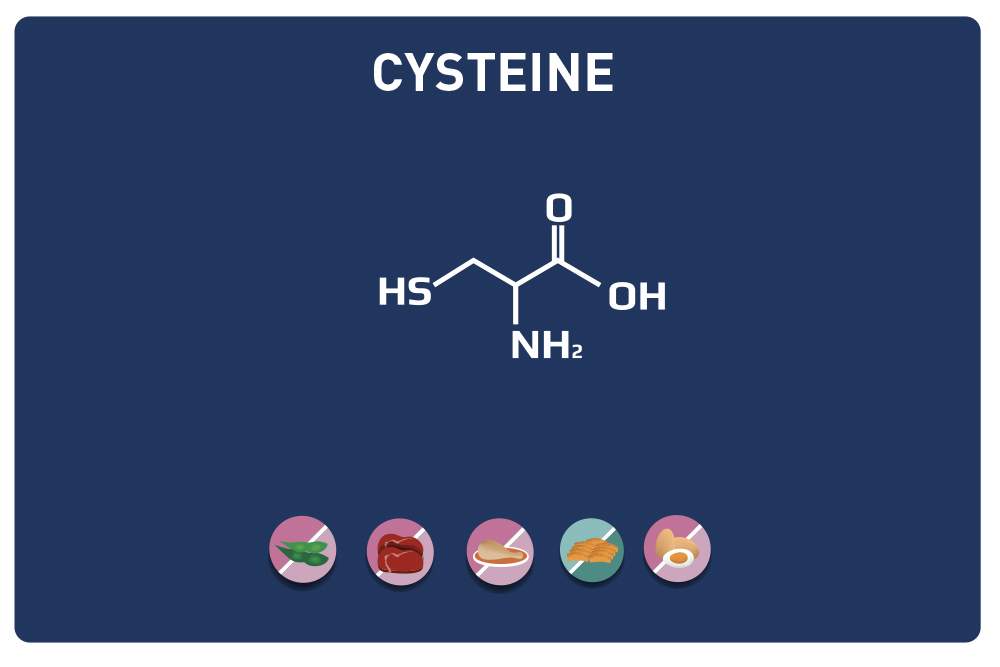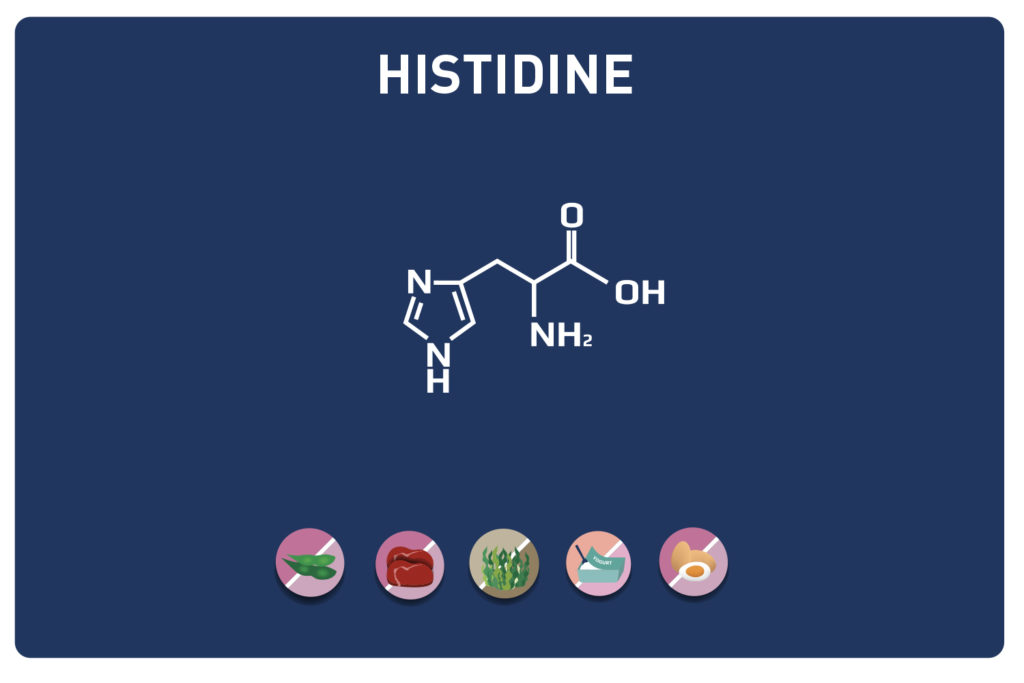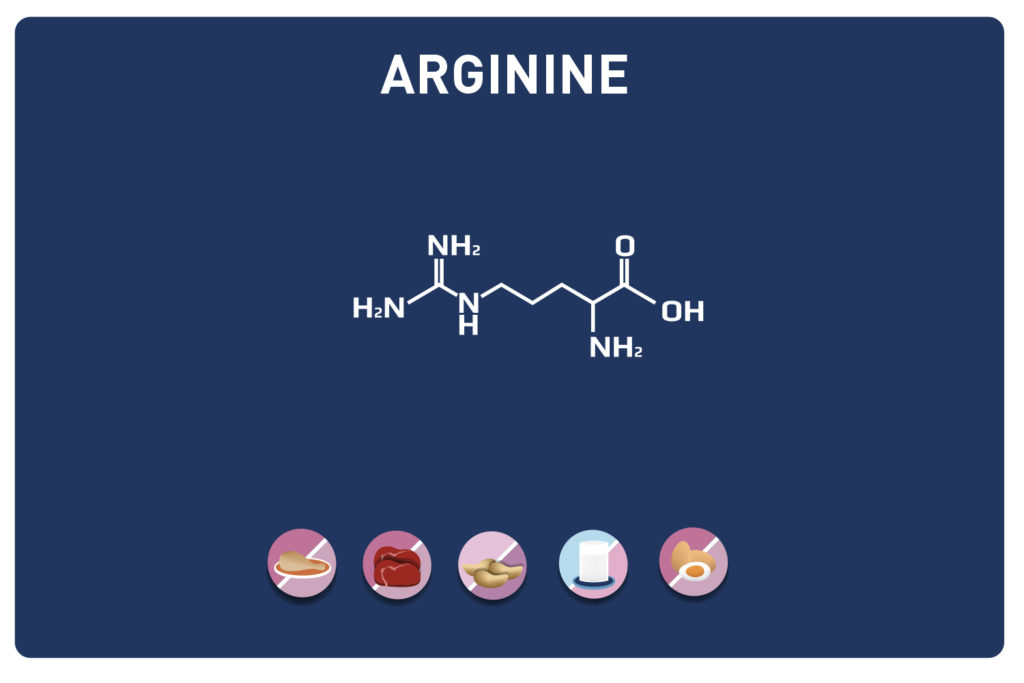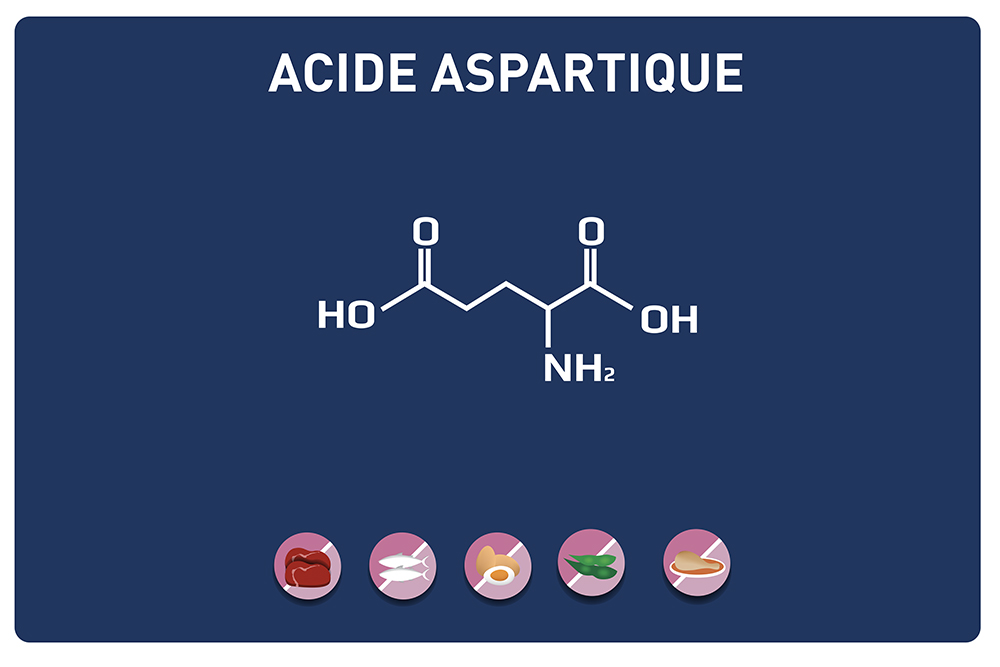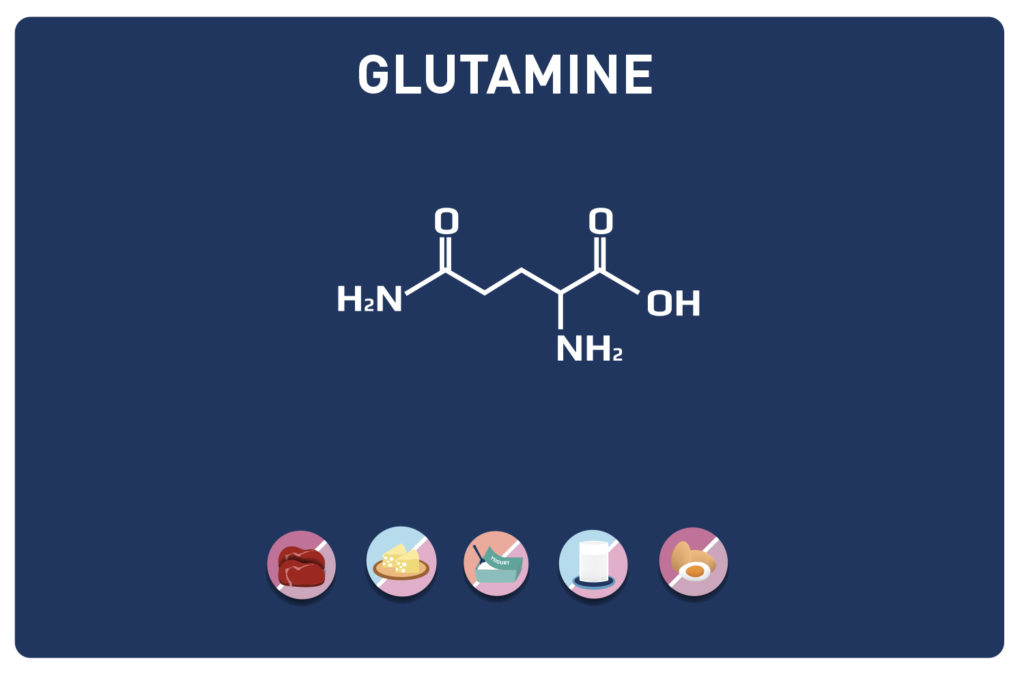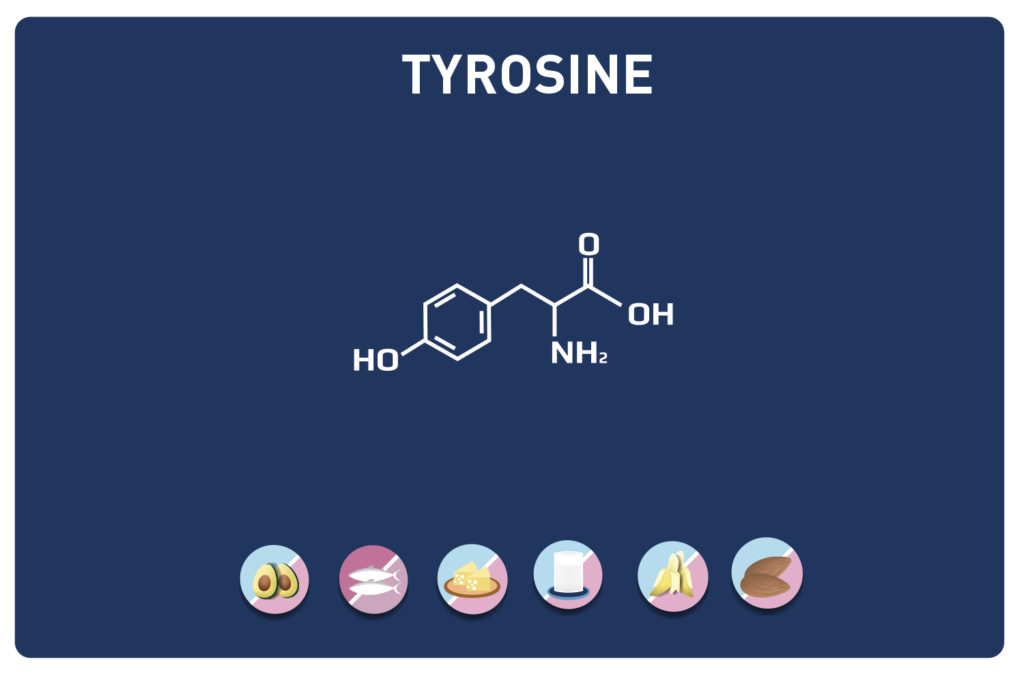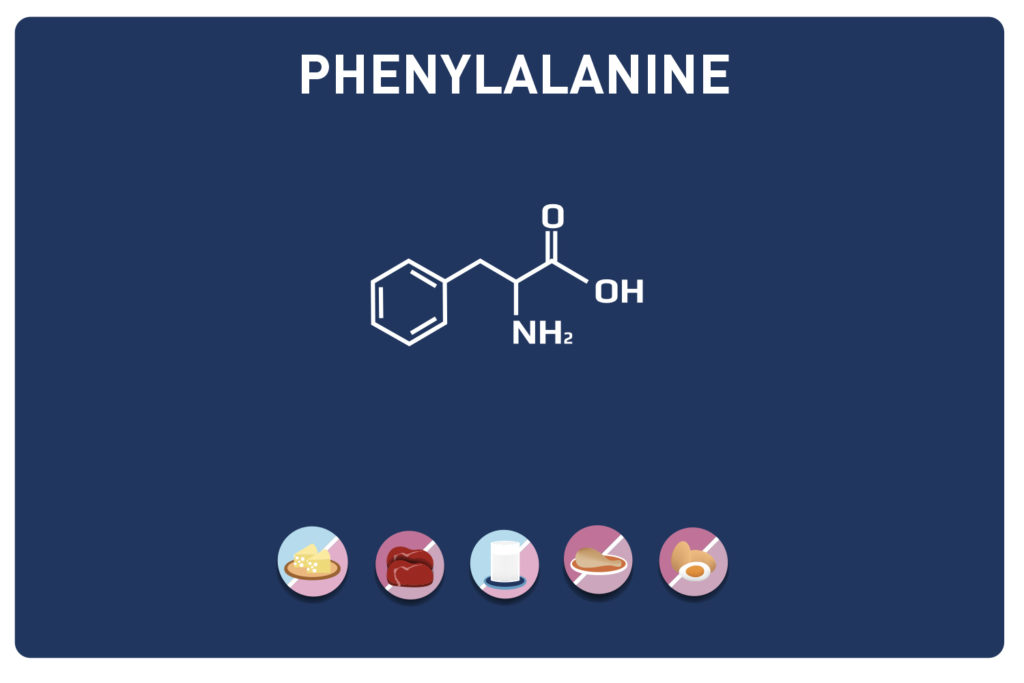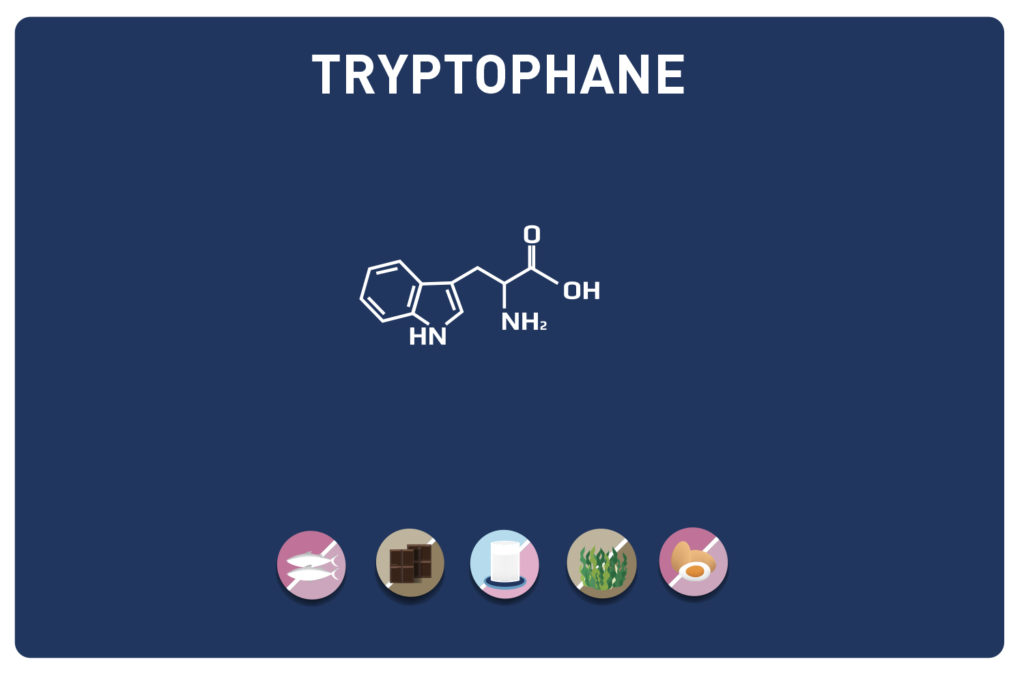Citrulline is a non-essential, non-proteinogenic amino acid that was identified over 70 years ago in watermelon.
It is the natural precursor of Arginine. Escaping splanchnic sequestration, citrulline represents an important nutritional strategy for preserving muscle mass during aging. *
The role of citrulline
- Regulation of nitrogen homeostasis (balance)
- Direct action on muscle protein synthesis
- Antioxidant
- Improves vascular function and protects blood vessels
- Fights against ageing
- Vasodilator
- Promotes utilization of BCAAs
- Arginine precursor for NO (Nitric Oxide) synthesis
- Promotes muscle development and improves strength
- Protective effect on the oxidation of VLDL and LDL strongly involved in the development of atherosclerosis
- Detoxifying
Daily requirements
6 to 8 gr /Day
. Preferably 30 minutes before training
. Doses of 10 g
/ day are recommended in the treatment of undernutrition and sarcopenia.
FOOD SOURCES
Watermelon, melon, cucumber, pumpkin, squash, beans, garlic, onion, red
meat, liver, eggs, salmon, fish, almonds, nuts, chocolate
. The
intestine produces 10gr/day
*In the elderly, a large part of the amino acids remain blocked in the viscera (this is known as splanchnic retention), which obviously hinders protein synthesis in the muscles and accentuates the phenomenon of sarcopenia (age-related muscle wasting).
Citrulline avoids this visceral retention and is also a powerful stimulant for muscle tissue. Indeed, its intestinal assimilation is very rapid and it acts on the mTOR transduction pathway, a protein kinase regulating protein synthesis.
Studies on animals (rats) have demonstrated a protein synthesis multiplied by 2 and have shown a 25% increase in muscle mass in 3 months, accompanied by a reduction in adipose tissue, particularly in the abdomen (50% reduction) - (exactly the opposite of what happens during the evolution of sarcopenia). Trials carried out in humans confirm its effectiveness in protein synthesis. Citrulline is therefore of great interest in the fight against sarcopenia.
Studies are currently being carried out in hospitals in France on elderly people suffering from malnutrition (10g/day).

